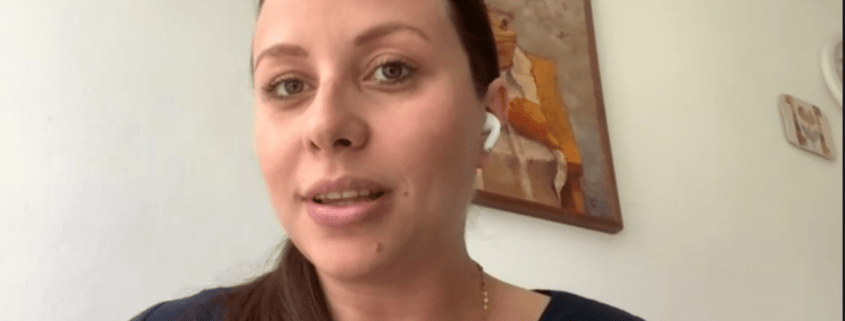IPOPI – the International Patient Organisation for Primary Immunodeficiencies (PID) organized this year’s 17th EU PID Forum on the combat against cancer. MEPs Irena Joveva and Deirdre Clune hosted the virtual forum. The relationship between cancer and PID is complex, so that is why the forum provided a platform to discuss the specific aspects of PID patients in taking action in the care, prevention and treatment of cancer.
In her introductory speech, MEP Irena Joveva emphasized that these are areas that the EU has been actively addressing in recent years and are crucial to improving the lives of patients with rare diseases and implementing a plan to combat cancer, as the latter is a diagnosis with significant impact on patients while having a strong impact on the lives of their families and friends.
“Patients with certain primary immune deficiencies have a higher risk of developing cancer, as well as the incidence of several types of cancer, including cervical cancer. More importantly, all patients have limited access to their health services during the corona crisis, and there are fewer cancer diagnoses. Even as a nonexpert, I am aware in my work in the European Parliament that cervical cancer is one of the four most common malignancies affecting women worldwide and causing more than 13,000 deaths each year in the EU. Combined with the higher incidence and diagnosis of a particular PID condition, it is becoming clear that politicians should take this into account when implementing the plan to combat cancer and other cancer and research policies, and especially when building our health union in the EU,” she stated and expressed the desire to be more successful in the early detection of cancer in the population of high-risk patients. In her opinion, such forums help to understand the areas that need to be focused on in the future and positively impact the development of good ideas for the formulation of future policies and legislation.
“The pandemic has severely affected our health systems in all areas and widened the gap in cancer treatment and diagnosis. It is a wake-up call for all of us to strengthen the health union and address the shortcomings in our systems,” said Joveva, who sees strengthening EU coordination in tackling cross-border health threats, modernizing the regulatory framework, and supporting research and technology as priorities. Based on the debate on Europe’s plan to combat cancer, the European Parliament will also prepare a report on the initiative, guiding the European Commission in preparing the plan. In addition, these measures could be more widely used for people with other chronic diseases. “There is no Europe without people, and health should always come first,” concluded MEP Joveva.





Leave a Reply
Want to join the discussion?Feel free to contribute!